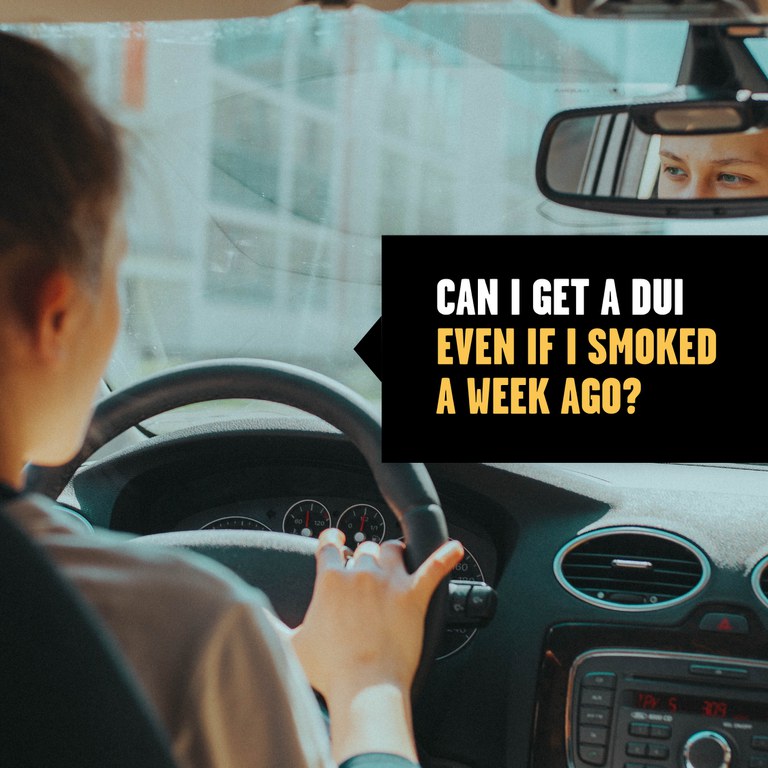FAQ: What if I consume cannabis frequently, but I'm not driving impaired? What happens if I get pulled over?
Traffic Safety Pulse News
This is one of the most common questions we get about cannabis-impaired driving.
First, it’s important to understand the difference between inactive THC and active THC. Impairment is caused by active Delta-9 THC, not the inactive THC that has already been metabolized by your body and can remain for weeks.
Second, a driver is never arrested because of a blood test result. They are arrested due to observed impairment by a law enforcement officer — whether that’s solely from cannabis, or a combination of cannabis and alcohol or other drugs. Toxicology samples to confirm impairment are collected post-arrest.
Thousands of law enforcement officers in Colorado are highly trained in roadside impairment evaluation — either through state Advanced Roadside Impaired Driving Enforcement (ARIDE) or Drug Recognition Expert (DRE) programs. They are able to determine impairment based on several techniques that go beyond the Standard Field Sobriety Test.

Even if you are a valid medical marijuana cardholder, Colorado DUI laws still apply and you can be arrested and charged with a DUI.
Ultimately, any amount of active THC in your system can put you at risk of a DUI or DWAI (Driving While Ability Impaired) — but a blood test is not the sole determinant. For more information on marijuana-impaired driving in Colorado, visit DriveHighDUI.com.
